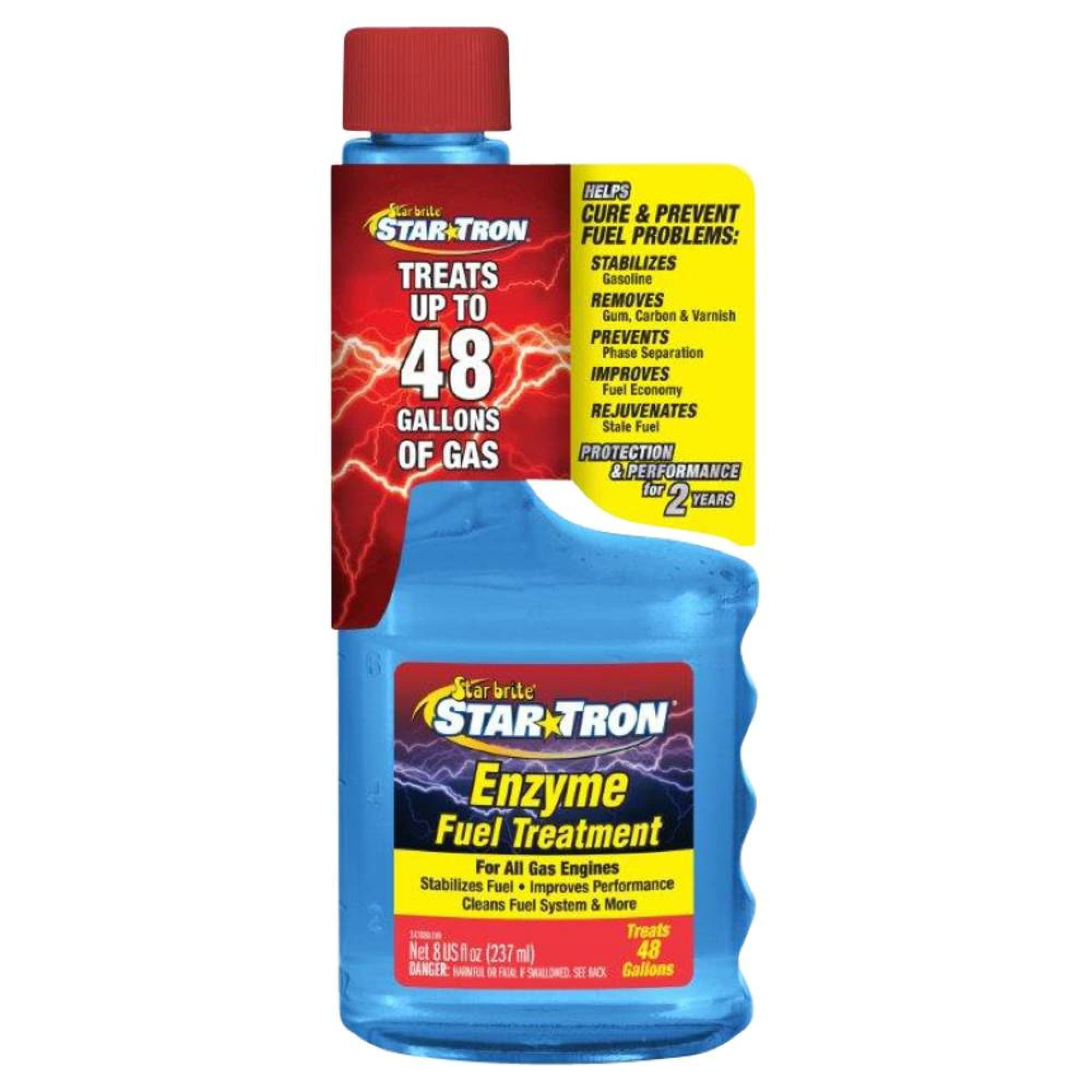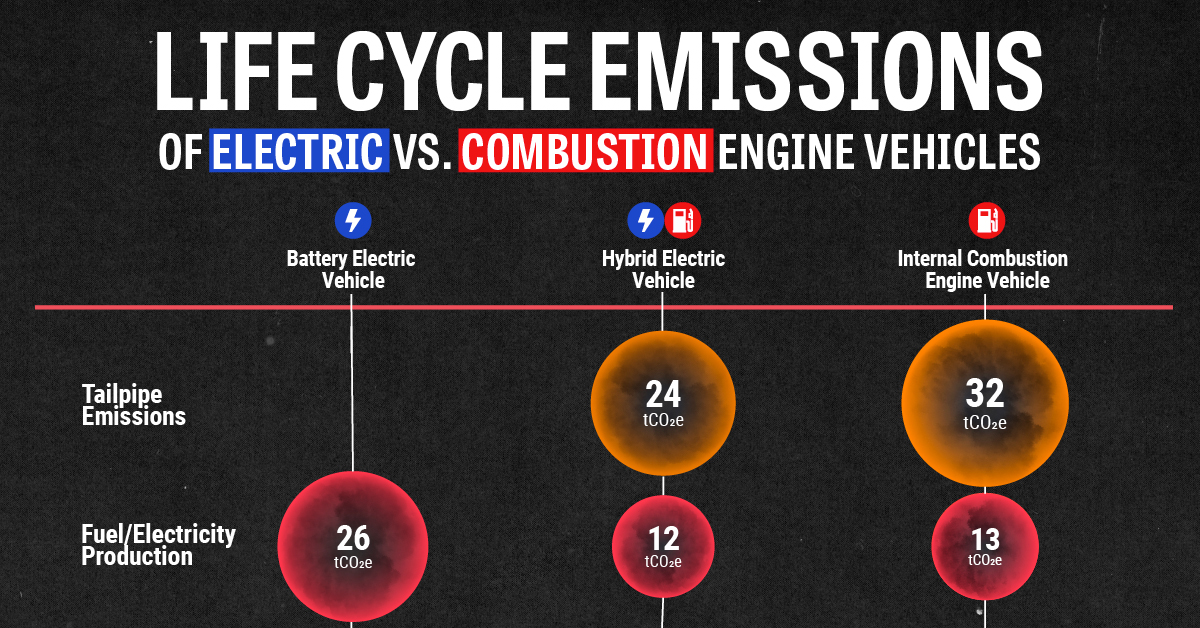A diesel engine will run for a short time on gasoline before experiencing severe damage. This is because gasoline lacks the lubricating properties of diesel and can cause internal components to seize up quickly.
Diesel engines are designed to run on diesel fuel due to its lubricating properties and higher ignition temperature. When gasoline is used, it can lead to overheating and premature wear of engine components, such as the fuel injection system and the piston rings.
This can result in extensive and costly damage to the engine. Therefore, it is crucial to use the correct type of fuel for the specific engine to ensure optimal performance and longevity. Understanding the potential risks involved in using the wrong fuel can help prevent significant damage and costly repairs to the diesel engine.


Credit: www.forbes.com
Can A Diesel Engine Run On Gasoline?
Can a diesel engine run on gasoline? This question might arise due to various reasons, but it’s crucial to understand the potential risks and factors associated with such a conversion. Let’s delve into the factors to consider and potential risks of using gasoline in a diesel engine.
Factors To Consider
When contemplating using gasoline in a diesel engine, several critical factors need to be considered:
- Engine design and compression ratio
- Fuel injection system
- Ignition system
- Fuel efficiency and performance
Potential Risks
Attempting to run a diesel engine on gasoline poses significant risks, including:
- Damage to the fuel system
- Reduced engine efficiency
- Potential engine knock and damage
- Increased emissions and environmental impact
Effects Of Using Gasoline In A Diesel Engine
Effects of Using Gasoline in a Diesel Engine
Engine Performance
Using gasoline in a diesel engine can significantly impact engine performance. Gasoline has a lower cetane rating than diesel, which affects the combustion process, leading to reduced power output and diminished fuel efficiency. Additionally, the engine may experience knocking and pinging, causing rough idling and potential stalling.
Damage To Engine Components
The use of gasoline in a diesel engine can result in severe damage to various engine components. The lubricating properties of gasoline are inferior to those of diesel, leading to increased wear and tear on critical engine parts such as injectors, fuel pump, and valves. This can ultimately lead to costly repairs and premature engine failure.
Case Studies
A diesel engine can sustain on gasoline for a limited time before experiencing significant issues.
Real-life Examples
Below are some instances of diesel engines accidentally fueled with gasoline:
- Truck in New Hampshire
- Generator in Texas
- Boat in Florida
Consequences Of Using The Wrong Fuel
Using gasoline instead of diesel can lead to:
- Engine knocking
- Loss of power
- Increased emission levels

Credit: www.visualcapitalist.com
Preventive Measures
When it comes to using gasoline in a diesel engine, taking preventive measures is crucial to avoid potential damage and costly repairs. By following fueling best practices and implementing regular maintenance tips, you can keep your diesel engine in optimal condition and prevent any issues arising from the use of gasoline.
Fueling Best Practices
Proper fueling practices can significantly reduce the risk of fueling errors and protect your diesel engine from harm:
- Always ensure you are using the correct fuel type – diesel fuel, not gasoline.
- Check the fuel pump label before refueling to confirm it is diesel.
- Take extra caution when using unfamiliar fuel stations.
- Avoid using fuel containers that are prone to cross-contamination.
- Be vigilant in high-stress situations, such as when using rental vehicles or borrowing someone else’s car.
Maintenance Tips
Regular maintenance is crucial for the longevity of any engine. Implement the following maintenance tips specifically for diesel engines:
- Follow the manufacturer’s guidelines for regular oil changes.
- Replace fuel filters at recommended intervals.
- Periodically inspect fuel lines and connections for any signs of leaks or damage.
- Ensure the engine’s cooling system is functioning properly.
- Keep an eye on the engine’s temperature gauge to identify any sudden changes.
By adhering to these preventive measures, you can minimize the risk of accidentally fueling your diesel engine with gasoline. Remember, prevention is always better than dealing with the aftermath of costly repairs and potential engine damage.
Faqs
Diesel engines are not designed to run on gasoline. Doing so can cause damage within minutes, impacting the engine’s lifespan. It’s crucial to only use the recommended fuel type for optimal performance and longevity.
Can You Switch Between Diesel And Gasoline?
Switching between diesel and gasoline can be a costly mistake if not done properly. Diesel engines are designed to run on diesel fuel, while gasoline engines require gasoline for combustion. Mixing the two fuels can cause engine damage, reduced performance, and even complete engine failure. It’s crucial to understand that diesel engines have specific components, such as fuel injectors, designed to handle the thicker viscosity of diesel fuel. Gasoline is much lighter and combusts differently, so attempting to run a diesel engine on gasoline can lead to serious consequences.
How Can You Tell If Gasoline Was Mistakenly Put Into A Diesel Tank?
Putting gasoline into a diesel tank is a surprisingly common mistake, but there are a few telltale signs that can help you identify this mishap. The first and most noticeable sign is a significant decrease in engine power, as gasoline does not provide the same energy output as diesel fuel. Additionally, you might experience engine misfires, abnormal noises, and even difficulty starting the engine. Another clue is the presence of a strong gasoline odor when opening the fuel tank. If you suspect gasoline has been mistakenly added to a diesel tank, it’s essential to stop using the vehicle immediately to prevent further engine damage.

Credit: www.homedepot.com
Frequently Asked Questions For How Long Will A Diesel Engine Run On Gasoline
Can A Diesel Engine Run On Gasoline?
Yes, a diesel engine can run on gasoline, but it is not recommended. Gasoline lacks the lubricating properties that diesel fuel has, which can cause damage to the engine. Additionally, the combustion characteristics of gasoline are different than diesel, leading to poor performance and decreased efficiency.
What Happens If You Put Gasoline In A Diesel Engine?
If gasoline is mistakenly put into a diesel engine, it can lead to serious problems. Gasoline has a lower flash point than diesel fuel, which means it ignites at a lower temperature. This can cause knocking, misfiring, and potentially catastrophic damage to the engine.
It is important to drain the fuel system and flush it to avoid long-term damage.
How Long Can A Diesel Engine Run On Gasoline?
A diesel engine can run on gasoline for a short period, typically around 30 minutes to an hour, before experiencing issues. The engine may start, but it will run poorly and may eventually stall. Continued use of gasoline can damage the fuel system, injectors, and other engine components, leading to expensive repairs.
Is It Possible To Convert A Diesel Engine To Run On Gasoline?
Converting a diesel engine to run on gasoline is technically possible, but it requires extensive modifications to the fuel system, combustion chamber, and ignition system. This is not a practical or cost-effective solution, as it would require substantial engineering expertise and could void warranties or violate emissions regulations.
Conclusion
Running a diesel engine on gasoline can cause serious damage. Always use the right fuel to ensure optimal performance and longevity. Take necessary precautions to avoid costly repairs and safety hazards. Regular maintenance and proper fueling are essential for the longevity of your diesel engine.